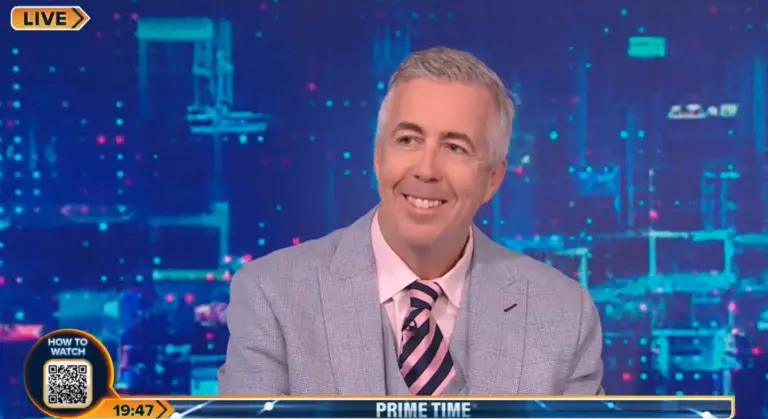If your Freshers Week was anything like mine, you’ll probably look back on it with some not-so-fond memories of sticky dance floors, glow in the dark drinks and being woken up by the smoke alarm on a daily basis. University was always going to pose the ultimate challenge for coronavirus restrictions – how on earth do you ensure thousands of eager 18 year olds in close quarters respect the two metre social distance, and encourage them to swap shots for sanitiser? More importantly, how can institutions safeguard the mental, emotional and physical wellbeing of both students and staff during these (sorry) ‘unprecedented times’?
Once the dust had metaphorically settled on Freshers Weeks across the country in September last year, it was clear that the lack of pub socials or society initiations were the least of universities’ worries. With the pandemic presenting a multitude of troubling implications for higher education, what are the main challenges facing universities, how are students coping with them, and what might the future hold?
Mental health
Since March 2020, we have all grappled with the feelings of discombobulation that go hand in hand with living through a global pandemic – whether it’s increased health anxiety, concern for vulnerable family members or friends, worries around employment insecurity or even just dealing with a turbulent news cycle; the last 11 months have hardly been conducive to a sense of good mental wellbeing.
Like many societal issues such as the digital divide and food poverty, the pandemic has exacerbated existing inequalities which were already well-established even before its onset – and student mental health is no exception. A 2019 poll of almost 38,000 UK students found rates of psychological distress and illness to be “alarmingly high”, with students reporting struggles with anxiety, depression, loneliness, substance misuse and thoughts of self-harm. By December 2020, nearly three quarters of students said their mental health had declined during lockdown.
Even when students do seek help and attempt to make use of university counselling services, slots are often booked up months in advance – with The Guardian reporting that some face a waiting time of nearly a year. It’s clear that the cancellation of face-to-face teaching and social events, as well as the impact of self-isolation due to virus transmission, have all had a direct impact on students’ mental wellbeing. The National Union of Students (NUS) is calling for urgent investment in mental health services for students, both in the local community and on campus, to ensure vulnerable young people can access the help and support they need.
However, with some form of blended learning set to remain in place until the vaccine has been fully rolled out, it’s crucial that students try to practise good self-care wherever possible until we can return to a semblance of normality. Mental health charity, Mind, has collated a guide on self-care for current university students. With the government promising action on the mental health crisis, hopefully the issue will remain at the top of the agenda once ‘normal’ life resumes.
Financial struggles
As students were told to stay put following the Christmas break to help limit the spread of the virus, many (with some exceptions including those on medical, veterinary and teaching courses) remain at their family home whilst paying full rent on accommodation they are not able to use. Understandably, there have been campaigns across the country as well as nationwide petitions for rent freezes or reductions to reflect this change in circumstance.
Mirain Iwerydd, a first year student at Aberystwyth University – which has told students not to come back – told the BBC: “I think if there are students who’ve missed out, and haven’t had what they’ve paid for, then as a matter of principle universities should be paying them back, because the students have paid for something they haven’t received… it would help with day-to-day living costs because, when you think about it, students haven’t been able to go out and earn a living working in cafes, for example, during their studies.”
Two of the largest private accommodation providers, Unite Students and Student Roost, have led the way in offering rent refunds to students whose return to university has been delayed by Covid-19. As the spring term kicks off, calls for rent freezes are only growing in number, with an NUS spokesperson saying that “All student renters must now be offered rent refunds and the option of leaving their tenancy early. If universities and landlords need financial support to make this happen then the government must step in.”
Uncertainty
Above all, it seems that what might help students the most at the moment is simply an acknowledgement of the historical period we are all living through. Whether that’s structural changes to academic assessment like extended deadlines, reduced workloads or a non-detriment policy; universities must face up to the fact that it is unrealistic – and even damaging – to expect students to carry on as usual into 2021.
Ultimately, students across the UK feel isolated and are extremely vulnerable without the usual security and rhythm of daily life – it’s time to make a meaningful change.




